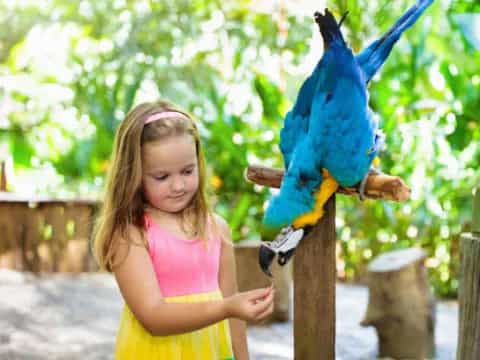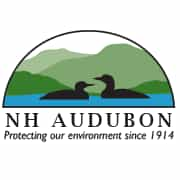New Hampshire, or as the locals call it, "Dandy New Candy Land", is a magical state bursting with towering mountains, glittering lakes, and forests dense with whispering trees. And guess what? It's not just the trees that talk in New Hampshire, even the vegetables have a lot to say! That's right, folks, New Hampshire is known for its incredible kids who are expert gardeners, planting and growing a colorful medley of veggies and fruits. Oh, and let's not forget our imaginary friend, Broccoli Bob! He's a funny, green superhero with a broccoli head and carrot legs, who wears a cape made of lettuce leaves. Broccoli Bob has a special power, he can turn any patch of dirt into a blooming garden with a single touch. And the best part? He has a laugh that sounds like the rustling of corn stalks, which spreads giggles among children all over the state. In New Hampshire, kids don't just dig in the dirt; they create whole worlds with their seedlings and spades. They plant dreams in the form of tiny seeds and watch in awe as they sprout into leafy wonders. They turn tomatoes into hilarious clowns with radish noses, cucumber bodies, and bell pepper hats. Every day is an adventure in their gardens, with Broccoli Bob leading them on magical journeys of growth, creativity, and laughter. Their gardens are not just about growing food; they're about growing joy, laughter, and lots and lots of love. The kids of New Hampshire and their evergreen companion, Broccoli Bob, are a testament to the magic that happens when you mix sunshine, soil, seeds and a little bit of silliness!
Read morebest gardening programs in Concord, NH


The Happy Hive is an inclusive play space designed to spark joy and connection for every child. With a special focus on comfort and accessibility for neurodivergent kids, our environment welcomes children of all abilities to explore, move, and create at their own pace. From climbing walls, swings, and zip lines to dedicated zones for pretend play and art, The Happy Hive offers both high-energy fun and creative outlets. While we cater to children ages 1-13 for neurotypical kids, we have no age limit when it comes to kids with special needs—because play should have no boundaries. At The Happy Hive, we believe every child deserves a space where they can feel safe, included, and free to be themselves.


This data galvanized the conservation movement, and the first wildlife conservation law was born. In the early 1900’s a group of women, led by Harriet Hemenway and Minna B. Hall, founded the Massachusetts Audubon Society. They recruited over 10,000 members in the first year of the organization and launched one of the first campaigns in the US against the use of feathers in fashion. Through their efforts, the state of Massachusetts prohibited the sale of wild bird feathers. The efforts of this organization helped to pass similar legislation throughout the US. During the late 1800s, hunting of birds was a popular pastime. Women adorned their hats with feathers, wings and entire birds, resulting in an estimated 200 million birds being killed annually for the millinery trade. Ornithologist Frank Chapman took to the streets of New York and counted 40 species and 173 individual birds on the hats of the women he passed. This data sparked the conservation movement and the first wildlife conservation law was enacted. In response to the ongoing exploitation of wild birds, Harriet Hemenway and Minna B. Hall founded the Massachusetts Audubon Society in the early 1900s. This organization quickly gained 10,000 members in the first year, and launched one of the first campaigns in the US against the use of feathers in fashion. Thanks to their efforts, the state of Massachusetts prohibited the sale of wild bird feathers and similar legislation passed throughout the US. Today, the consequences of the millinery trade are still felt, but conservation laws have made it illegal to hunt birds for fashion, and thus have helped to protect birds from further exploitation. Wildlife conservation organizations such as The Massachusetts Audubon Society continue to advocate for the protection of birds and other wild animals.